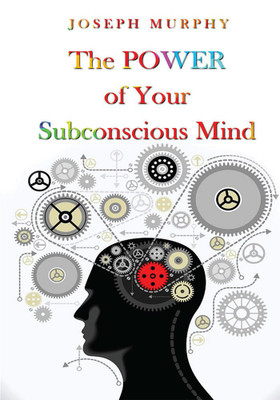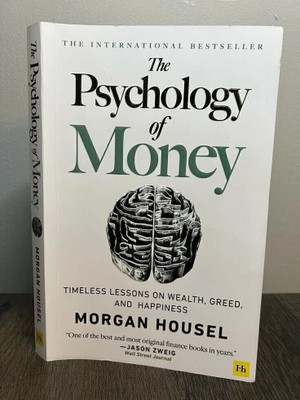
Experimental Duopoly Markets with Demand Inertia (English, Paperback, Keser Claudia)
Share
Experimental Duopoly Markets with Demand Inertia (English, Paperback, Keser Claudia)
Be the first to Review this product
Special price
₹6,040
₹6,729
10% off
Available offers
T&C
T&C
T&C
T&C
Delivery
Check
Enter pincode
Delivery by23 Sep, Tuesday
?
View Details
Highlights
- Language: English
- Binding: Paperback
- Publisher: Springer-Verlag Berlin and Heidelberg GmbH & Co. KG
- Genre: Business & Economics
- ISBN: 9783540560906, 9783540560906
- Pages: 150
Seller
Description
This report portrays the results of experimental research on dynamic duopoly markets with demand inertia. Two methods of experimentation are studied: game-playing experiments where subjects interact spontaneously via computer terminals, and computer tournaments between strategies designed by subjects. The principal aim of this study is the understanding of boundedly rational decision making in the dynamic duopoly situation. 1. 1 Motivation The experiments examine a multistage duopoly game where prices in each period are the only decision variables. Sales depend on current prices and also on past sales (demand inertia). Applying the game-theoretic concept of subgame perfect equilibrium, the game is solved by backward induction. The result is a uniquely determined system of decision rules. However, we can hardly expect that human beings behave according to the equilibrium strategy of this game. It is unlikely that subjects are able to compute the equilibrium. And even if a subject is able to compute it, he might not make use of this knowledge. Only if he expects the others to behave according to the equilibrium, it is optimal for him to play the equilibrium strategy. We have evidence from several earlier experimental studies on oligopoly markets that, even in less complex oligopoly situations where the equilibrium solutions are very easy to compute, human behavior often is different from what is prescribed by normative theory. ! Normative theory is based on the concept of ideal rationality. However, human capabilities impose cognitive limits on rationality.
Read More
Specifications
Book Details
| Imprint |
|
Dimensions
| Height |
|
| Length |
|
| Weight |
|
Be the first to ask about this product
Safe and Secure Payments.Easy returns.100% Authentic products.
Back to top







